Adbry (tralokinumab-ldrm) is a fully human monoclonal antibody that neutralizes the activity of interleukin-13 (IL-13), a cytokine that plays a key role in the pathogenesis of atopic dermatitis. Adbry is approved for the treatment of moderate-to-severe atopic dermatitis (AD) in adults and adolescents 12 years of age and older.
Uses: Adbry is used to treat moderate-to-severe atopic dermatitis in adults and adolescents 12 years of age and older.
How to use: Adbry is administered as a subcutaneous injection every other week. The initial dose is 600 mg (four 150 mg injections), followed by a maintenance dose of 300 mg (two 150 mg injections). After 16 weeks of treatment, for patients with body weight below 100 kg who achieve clear or almost clear skin, a dosage of 300 mg every 4 weeks may be considered.
Dosage: The recommended dosage of Adbry is:
- An initial dose of 600 mg (four 150 mg injections), followed by a maintenance dose of 300 mg (two 150 mg injections) administered every other week.
- After 16 weeks of treatment, for patients with body weight below 100 kg who achieve clear or almost clear skin, a dosage of 300 mg every 4 weeks may be considered.
Mechanism of action: Adbry neutralizes the activity of interleukin-13 (IL-13), a cytokine that plays a key role in the pathogenesis of atopic dermatitis. IL-13 is involved in the recruitment and activation of inflammatory cells, as well as the production of inflammatory mediators. By neutralizing IL-13, Adbry helps to reduce inflammation and improve skin symptoms in patients with atopic dermatitis.
Storage conditions: Adbry should be stored in the refrigerator at 2°C to 8°C (36°F to 46°F). Do not freeze.
Precautions:
- Adbry should be used with caution in patients with a history of allergic reactions to other biologic therapies.
- Adbry may increase the risk of serious infections. Patients should be monitored closely for signs of infection and should seek medical attention immediately if they develop any signs or symptoms of infection.
- Adbry may also increase the risk of inflammatory bowel disease. Patients with a history of inflammatory bowel disease should be monitored closely and Adbry should be discontinued if inflammatory bowel disease develops.
Interactions:
- Adbry may interact with other biologic therapies that target the immune system. Patients taking other biologic therapies should discuss this with their doctor before starting Adbry.
- Adbry may also interact with live vaccines. Patients should avoid receiving live vaccines while taking Adbry.
Contraindications:
- Adbry is contraindicated in patients with a known hypersensitivity to tralokinumab or any of the excipients in Adbry.
- Adbry is also contraindicated in patients with active tuberculosis.
Side effects:
The most common side effects of Adbry are injection site reactions, such as redness, swelling, and pain. Other common side effects include headache, upper respiratory tract infection, and nausea.
Serious side effects of Adbry may include:
- Allergic reactions, including anaphylaxis
- Serious infections
- Inflammatory bowel disease
- Changes in blood counts
- Liver problems
Overdose:
There have been no reports of overdose with Adbry. However, if an overdose does occur, patients should be monitored for signs and symptoms of adverse reactions and treated accordingly.
Additional information:
Adbry is a prescription medication and should only be used under the supervision of a healthcare professional. Patients should discuss the risks and benefits of Adbry with their doctor before starting treatment.

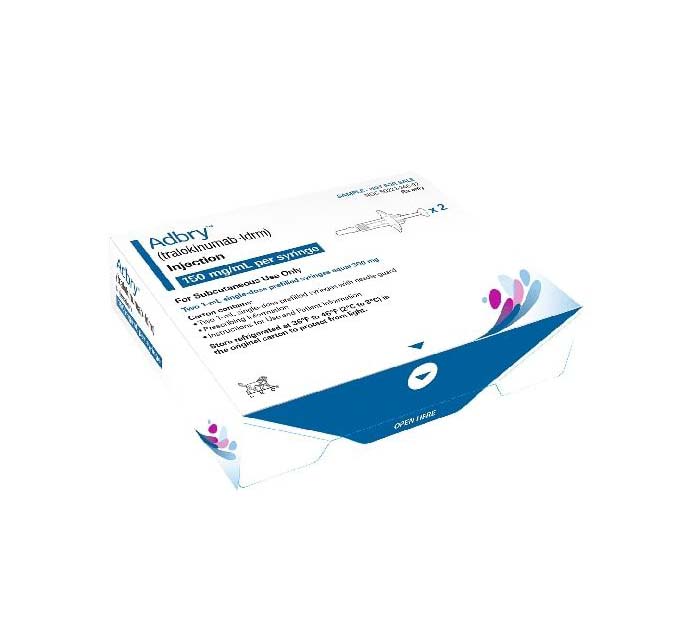
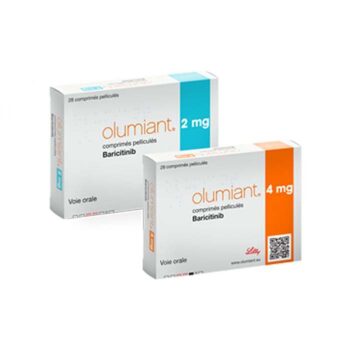
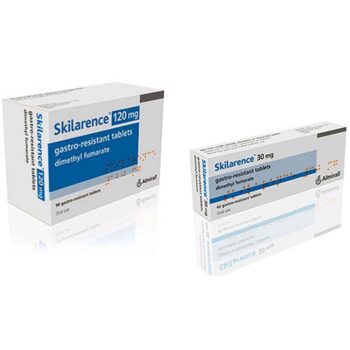
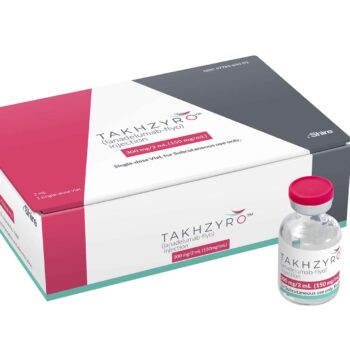
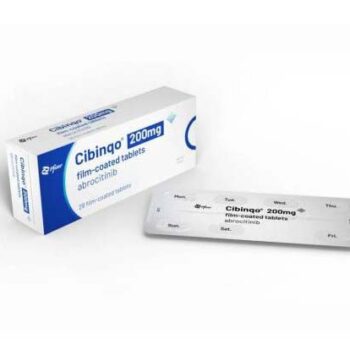
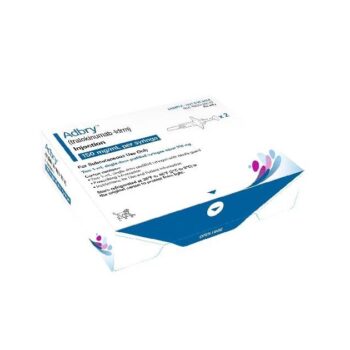
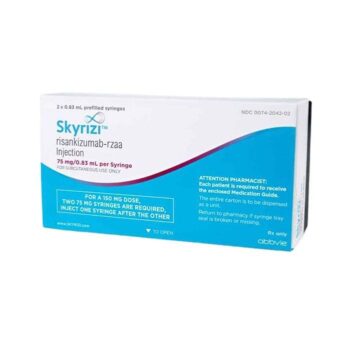
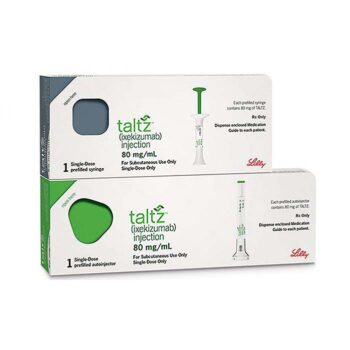


Reviews
There are no reviews yet.